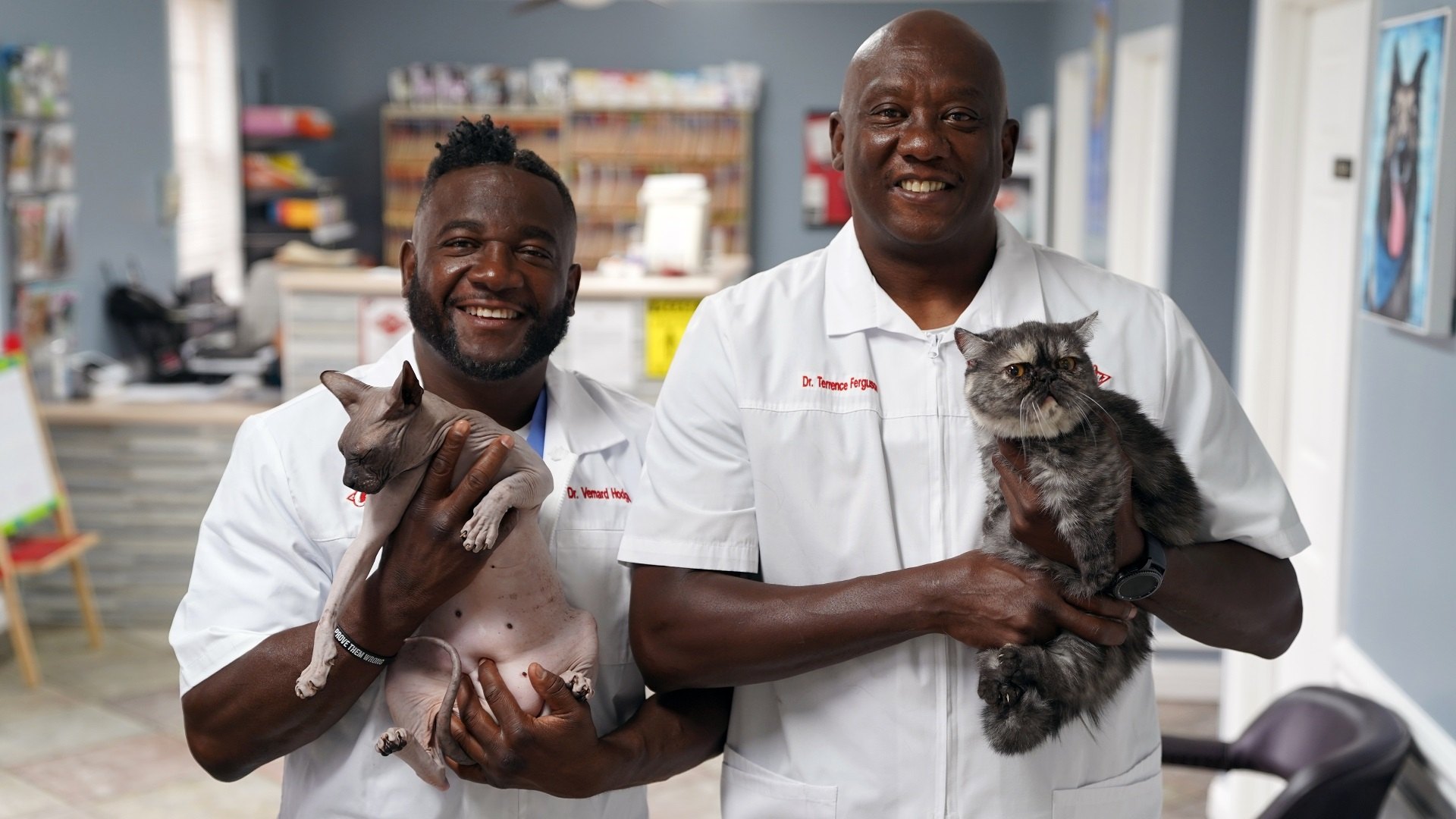
When it comes to taking care of our beloved furry friends, veterinarians play a crucial role in their health and well-being. Vets are not only trained in diagnosing and treating various animal ailments, but they also provide valuable advice on preventative care and help ensure a high quality of life for our pets.
However, there is much more to the world of veterinary medicine than meets the eye. In this article, we’ll explore 11 fascinating facts about veterinarians that may surprise you. From their extensive education and training to their diverse roles and responsibilities, vets are truly remarkable individuals who dedicate their lives to the welfare of animals.
Key Takeaways:
- Vets have a long history and extensive training, treating a wide range of animals and specializing in specific areas, all to ensure the health and well-being of our furry friends.
- Vets play a crucial role in public health, work in diverse settings, and make a positive impact on animal welfare, driven by their deep love and passion for animals.
Veterinarians have been around for thousands of years.
Veterinarians have a long and rich history, dating back to ancient Egypt where their skills were utilized to care for and treat animals. From providing medical care to working on animal husbandry, vets have played a crucial role in society throughout the centuries.
Veterinarians undergo extensive education and training.
Becoming a veterinarian requires years of dedication and hard work. They typically complete a bachelor’s degree, followed by four years of veterinary school. Additionally, vets often undergo specialized training in specific areas such as surgery, dentistry, or exotic animal medicine.
Veterinarians can treat a wide range of animals.
Vets are not limited to treating just cats and dogs. They also provide care for animals such as rabbits, birds, reptiles, and even larger animals like horses and cows. Their expertise extends to various species, making them versatile and knowledgeable professionals.
Many vets choose to specialize in a specific area.
Just like human doctors, veterinarians have the option to specialize in specific fields of veterinary medicine. These specialties could include areas like dermatology, cardiology, oncology, or orthopedics, allowing them to provide specialized and detailed care to animals that require it.
Veterinarians play a role in public health.
Vets are not only responsible for the health and well-being of individual animals, but they also contribute to public health and safety. They help prevent the spread of diseases through vaccinations and provide guidance on proper animal handling and hygiene practices.
Vets can work in various settings.
Veterinarians have the opportunity to work in different environments, including private practices, animal hospitals, research labs, zoos, and even government agencies. This diversity of settings allows vets to pursue different career paths based on their interests and passions.
Emergency veterinary clinics operate 24/7.
Animals can require medical attention at any time, and emergency veterinary clinics are there to provide round-the-clock care. These clinics play a vital role in handling critical situations and ensuring that pets and other animals receive immediate medical attention when needed.
Veterinarians need excellent communication skills.
A significant part of a vet’s job involves interacting with pet owners. They need to be able to effectively communicate with clients, empathize with their concerns, and provide clear explanations of diagnoses and treatment options.
Veterinarians perform surgeries and complex procedures.
From routine spaying and neutering to complex surgical procedures, veterinarians are skilled surgeons. They have the knowledge and experience to perform a wide range of surgical interventions to help treat and improve the health of animals.
Veterinarians make a positive impact on animal welfare.
Through their work, veterinarians contribute to ensuring the well-being and welfare of animals. They advocate for ethical treatment, educate pet owners on responsible pet ownership, and work to improve the overall quality of life for animals in their care.
Veterinarians have a passion for animals.
Above all else, veterinarians have a deep love and passion for animals. Their dedication to providing the best care possible stems from a genuine desire to make a difference in the lives of the animals and their owners.
Conclusion
In conclusion, veterinarians play a vital role in the health and well-being of our furry friends. They are passionate about their work and dedicated to providing the best care possible. From their extensive education and training to their compassion and expertise, vets go above and beyond to ensure the health and happiness of animals. Whether it’s diagnosing ailments, performing surgeries, or providing preventative care, vets are always there to support our pets. So next time you visit your vet, remember to appreciate their hard work and dedication in keeping our beloved animals healthy and thriving.
FAQs
1. How long does it take to become a vet?
It typically takes around 8 years to become a veterinarian. This includes 4 years of undergraduate college, followed by 4 years at an accredited veterinary school.
2. What do vets specialize in?
Veterinarians can specialize in various areas such as internal medicine, surgery, dentistry, dermatology, and more. These specializations require additional years of study and training.
3. How often should I take my pet to the vet?
It is recommended to take your pet for an annual check-up to ensure their overall health. However, the frequency of vet visits may vary depending on your pet’s age, breed, and any underlying health conditions.
4. How do vets handle aggressive or fearful animals?
Vets undergo training on how to handle aggressive or fearful animals safely. They may use various techniques such as gentle handling, distraction, or sedation if necessary to ensure the safety of both the pet and the vet.
5. Can I trust online veterinarian advice?
While online veterinarian advice may provide general guidance, it is always recommended to consult a licensed veterinarian for accurate diagnosis and treatment options specific to your pet’s needs.
Was this page helpful?
Our commitment to delivering trustworthy and engaging content is at the heart of what we do. Each fact on our site is contributed by real users like you, bringing a wealth of diverse insights and information. To ensure the highest standards of accuracy and reliability, our dedicated editors meticulously review each submission. This process guarantees that the facts we share are not only fascinating but also credible. Trust in our commitment to quality and authenticity as you explore and learn with us.


